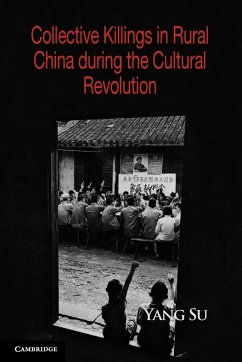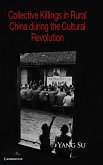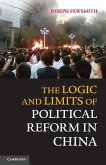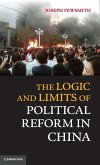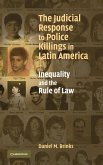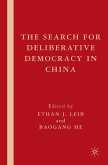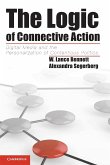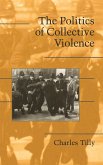The violence of Mao's China is well known, but its extreme form is not. In 1967 and 1968, during the Cultural Revolution, collective killings were widespread in rural China in the form of public execution. Victims included women, children, and the elderly. This book is the first to systematically document and analyze these atrocities, drawing data from local archives, government documents, and interviews with survivors in two southern provinces. This book extracts from the Chinese case lessons that challenge the prevailing models of genocide and mass killings and contributes to the historiography of the Cultural Revolution, in which scholarship has mainly focused on events in urban areas.
"This is a truly terrific book, and long overdue too, leaving behind the well-trodden ground of the Red Guards in Beijing to focus unflinchingly on the horror of mass killings in the countryside. Yang Su has written a model of rigorous scholarship that squarely places the Cultural Revolution where it should have been all along, in the area of genocide studies on a par with Rwanda, as villagers turned against villagers, slaughtering each other in the hundreds of thousands."
-Frank Dikotter, University of Hong Kong, author of Mao's Great Famine
-Frank Dikotter, University of Hong Kong, author of Mao's Great Famine

